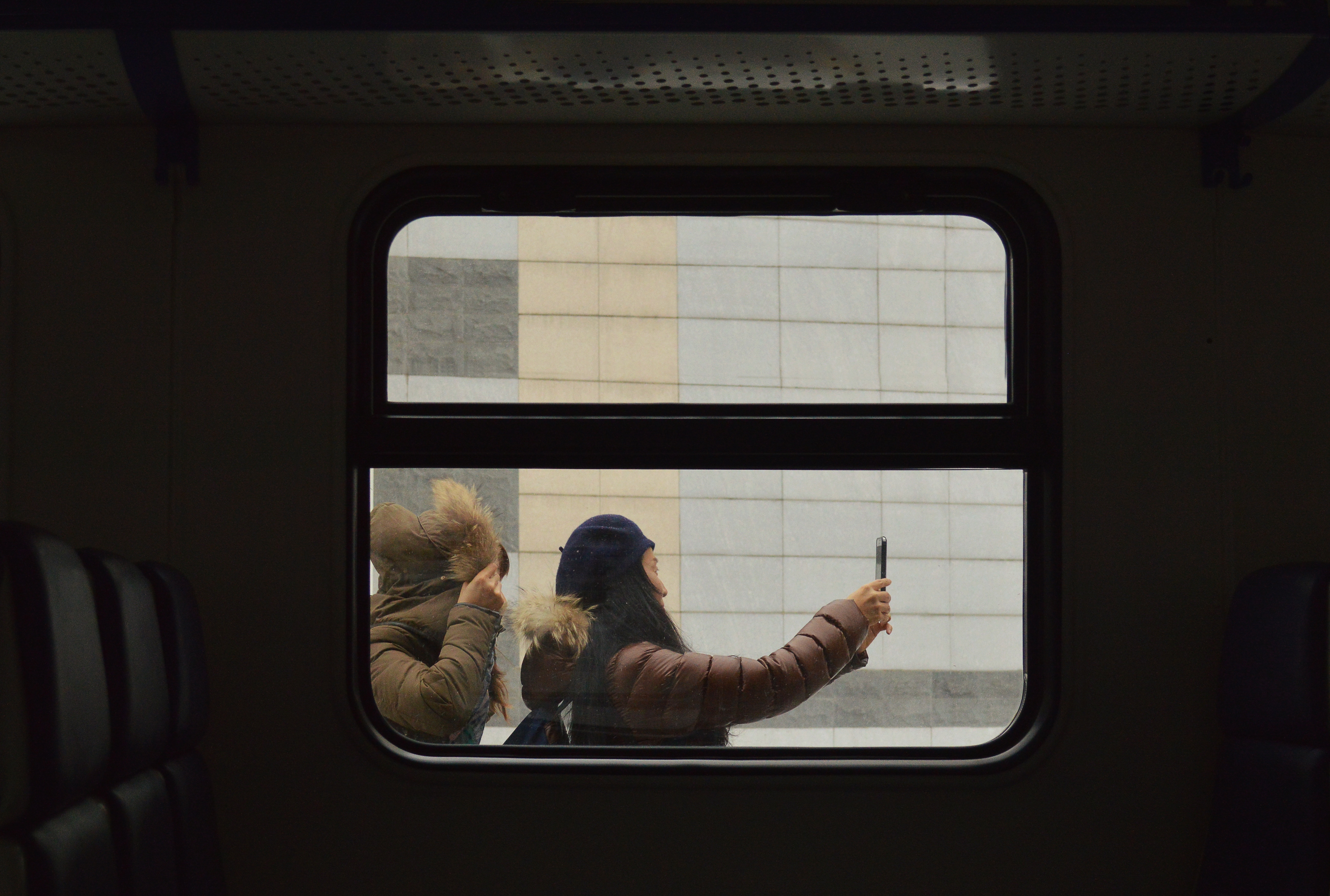
Many conversations in friend circles today are about whether or not a picture makes someone look good enough for social media.
Taking sel es and posting them can add up to likes on social media, but the lack of this response can also cause self-image issues.
Andrew Shroll, freshman vocal performance major, said he believes sel e culture be- comes more visible every day and negatively a ects society.
“Our culture today seems to have an obsession with taking selfies because you can take a look around and see at least 10 people taking selfies to post on social media,” Shroll said. “It’s very mentally unhealthy to live by basing the way you view yourself on how others view you.”
“I have even heard stories of teenagers who commit suicide after getting a large number of negative comments on the selfies they post.”
In a study in the Journal of Early Adolescence, professors Ilyssa Salomon and Christia Spears Brown from the University of Kentucky said teens who post more selfies online tend to have a greater awareness of their own appearance, which is linked to increased risk of negative self-image.
The importance and stress placed upon people’s responses to social media continue to influence users negatively and make social media a game of perfection rather than what it was intended to be – a way to keep up with friends.
Julia Olson, freshman sociology major, said she believes relying on perfect pictures and posts for self-confidence can lead to hurt. To combat this, Olson created an Instagram account called “Own Your Acne” that posts only makeup-and edit-free photos to pro- mote natural confidence.
“I want you to be able to look at your face in the mirror and say to yourself, ‘I am a beautiful individual.’ The bravest thing some people can do is accept their love handles, their extra fat they may carry and the pimples and acne on their faces,” Olson said.
As Olson promotes make- up-free confidence, makeup is a way to be expressive and empowers women and men today while also promoting self-confidence. Whether or not selfies include makeup, a person’s confidence comes from loving one’s self not just accepting their natural appearance.
Dr. Jay Burke, director of the master’s in counseling psychology program, said selfies can result in positive and negative self-images depending on a search for afirmation through social media posts.
“In the past several years, articles and studies have been published, that have shown an increased rate of intentional deaths associated with people taking selfies. The con- text where selfies can become problematic is when it be- comes about affrmation-seeking and when that becomes the primary source of validation for a person,” Burke said.
As selfie-culture grows, students are encouraged to take breaks from social media, and validation from better sources, and be careful in getting a affirmation through social media.


